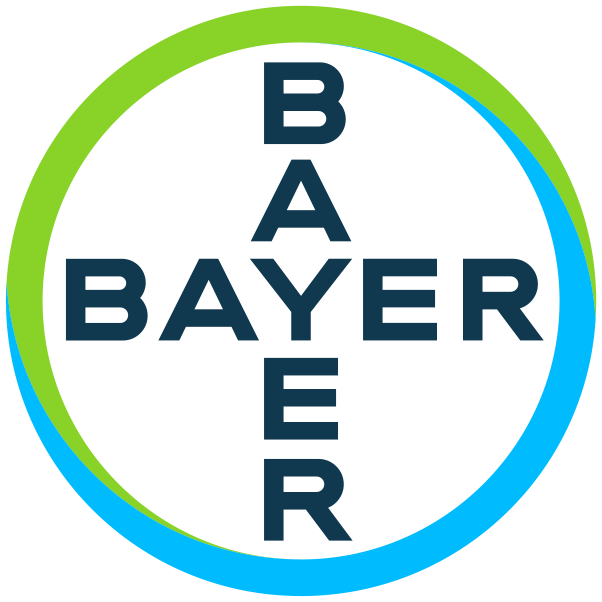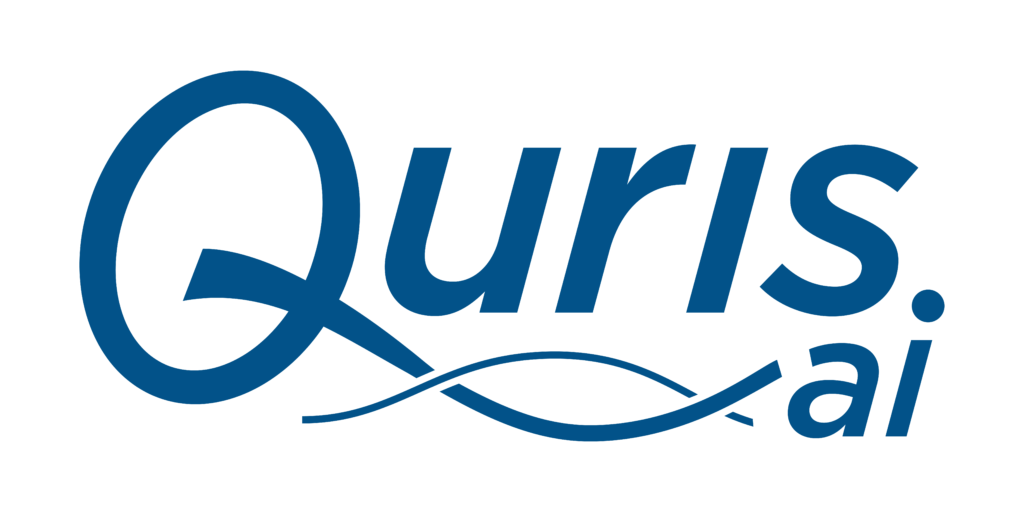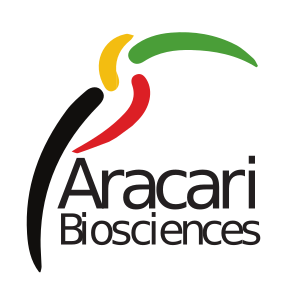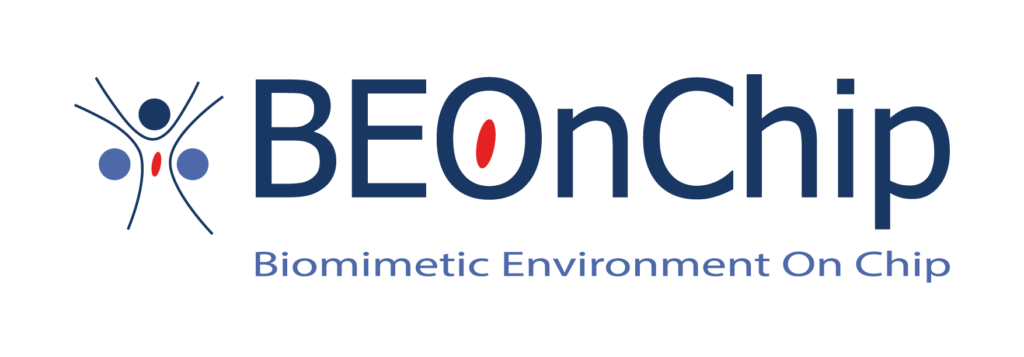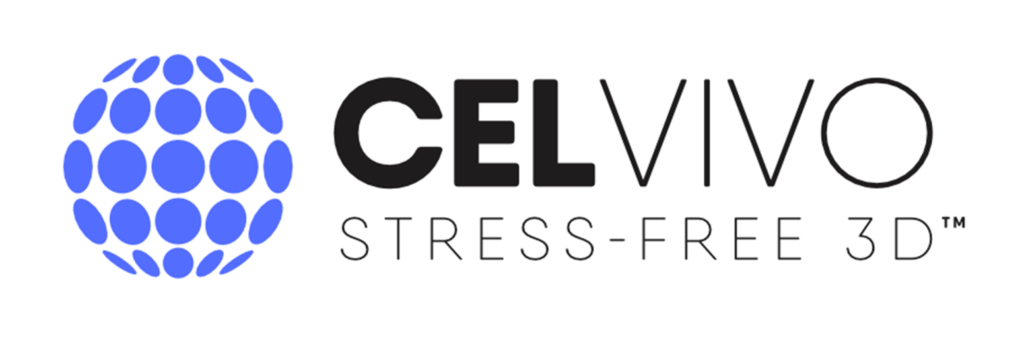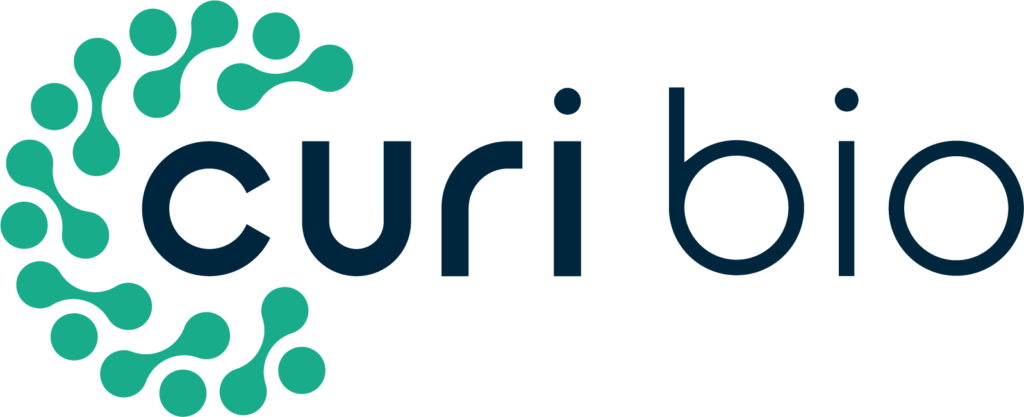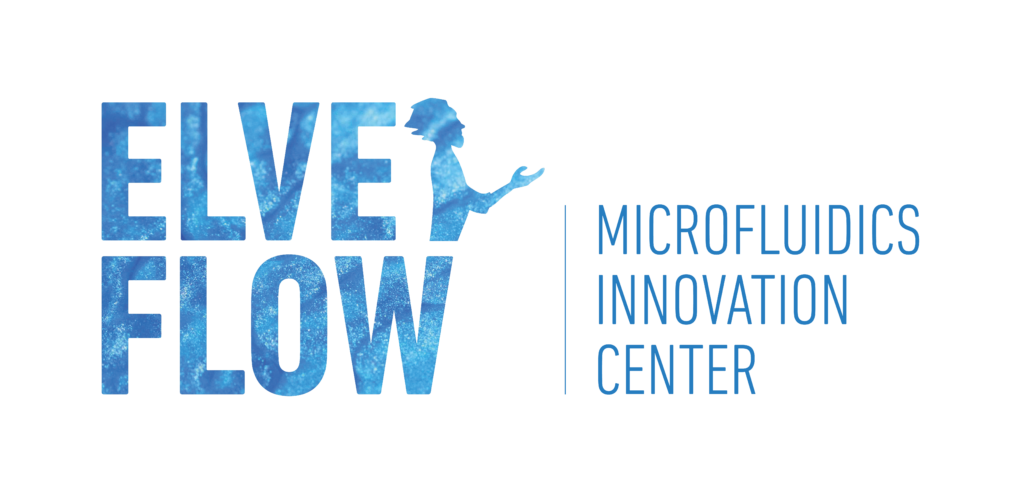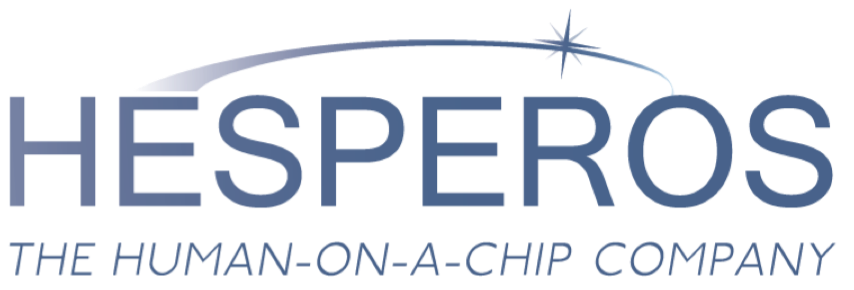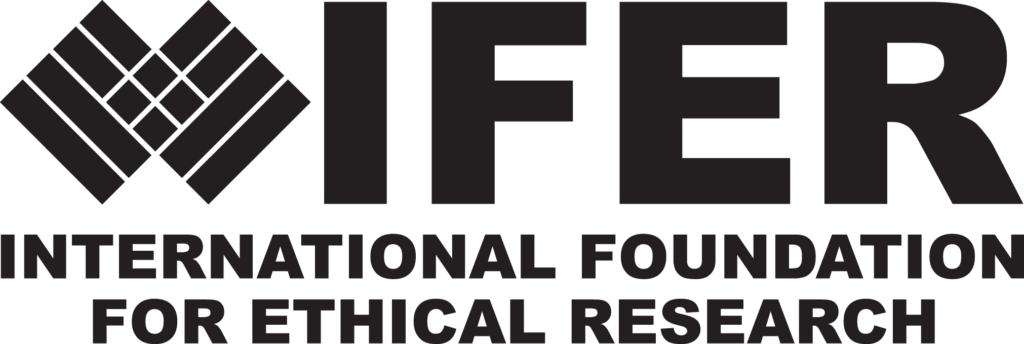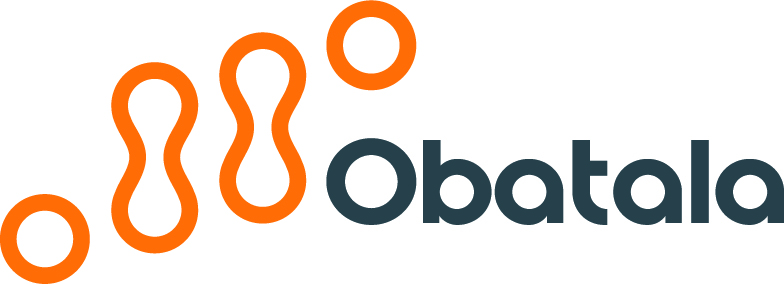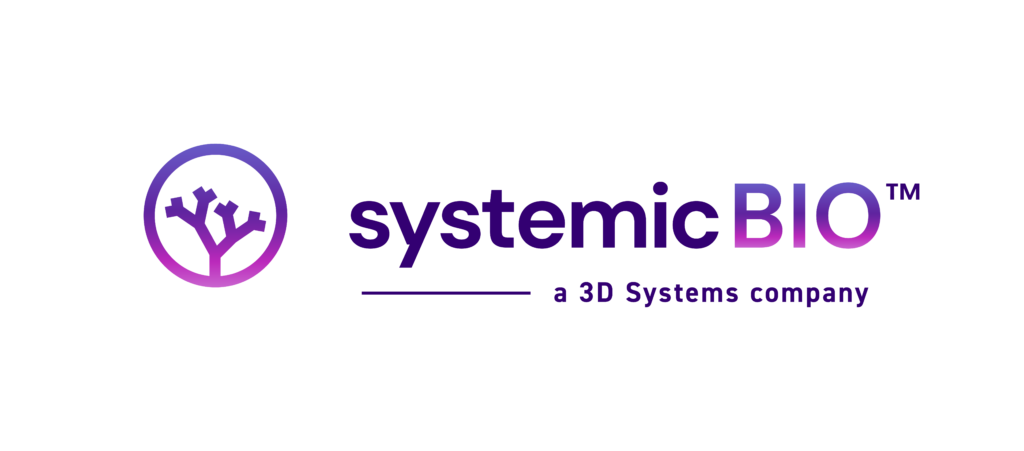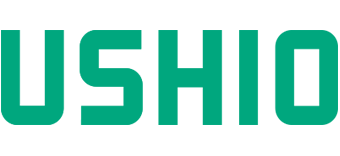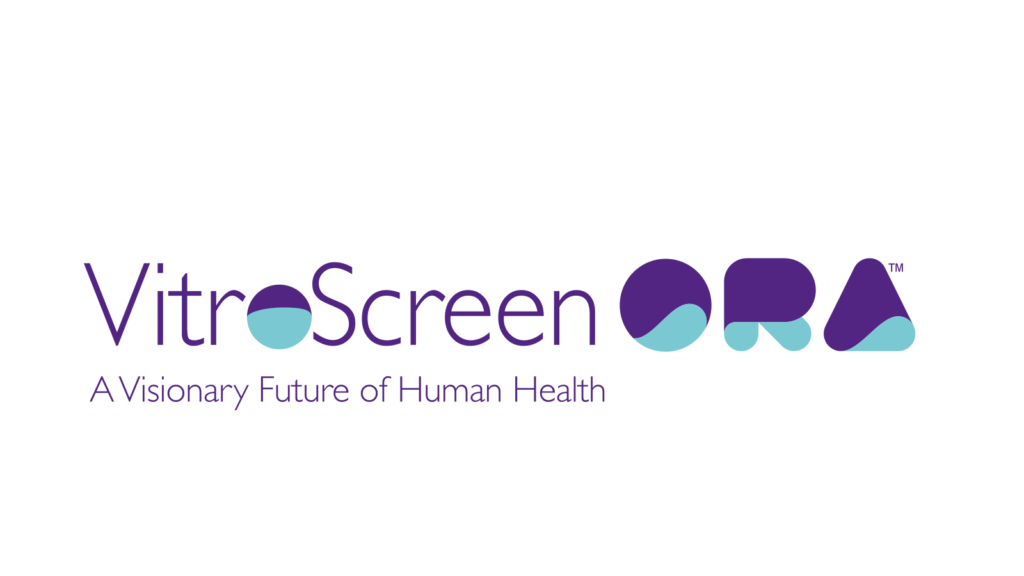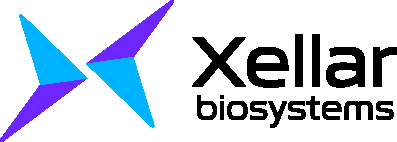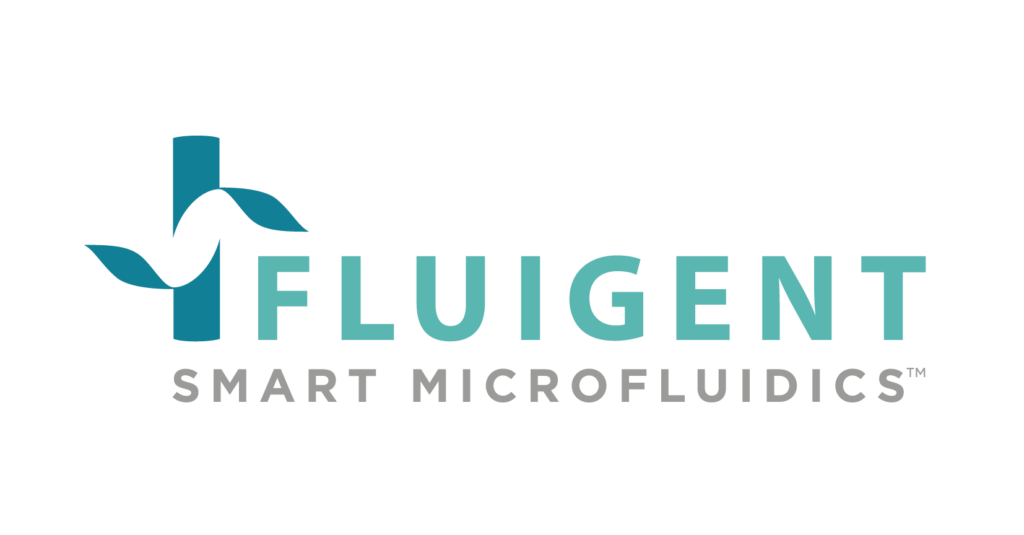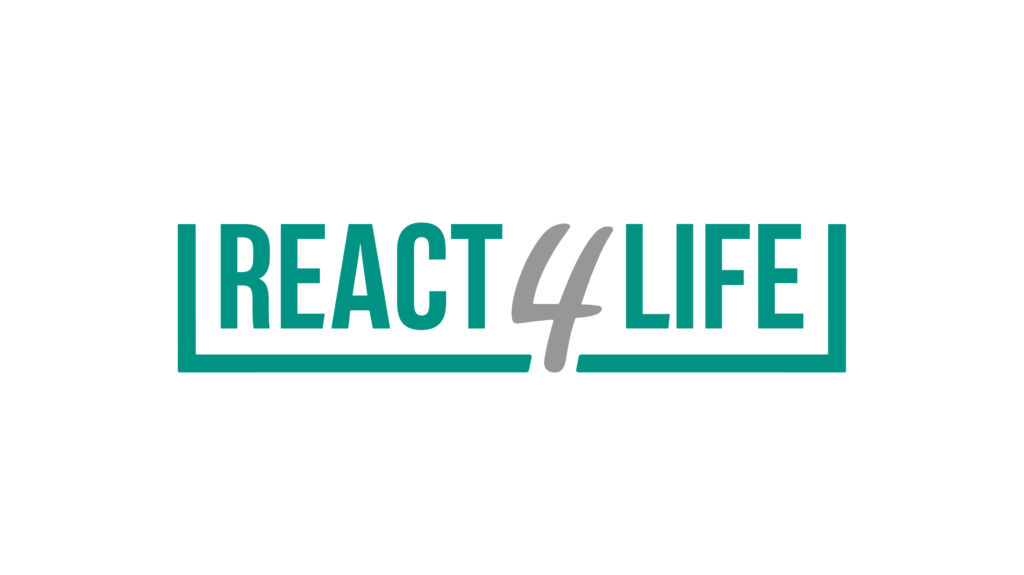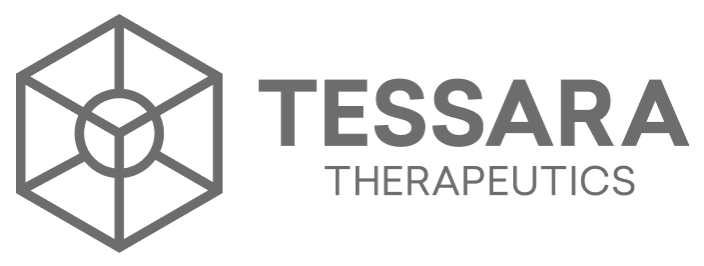Platinum Sponsors
Bayer is a global enterprise with core competencies in the life science fields of health care and nutrition. Its products and services are designed to help people and the planet thrive by supporting efforts to master the major challenges presented by a growing and aging global population. Bayer is committed to driving sustainable development and generating a positive impact with its businesses. At the same time, the Group aims to increase its earning power and create value through innovation and growth. The Bayer brand stands for trust, reliability and quality throughout the world. In fiscal 2022, the Group employed around 101,000 people and had sales of 50.7 billion euros. R&D expenses before special items amounted to 6.2 billion euros. For more information, go to www.bayer.com.
Follow us on twitter.com/bayer
Gold Sponsors
Emulate is igniting a new era in human health with industry-leading Organ-on-a-Chip technology. The Human Emulation System provides a window into the inner workings of human biology and disease, offering researchers an innovative technology designed to predict human response with greater precision and detail than conventional cell culture or animal-based experimental testing. Pioneered at the Wyss Institute for Biologically Inspired Engineering at Harvard University and backed by Northpond Ventures, Founders Fund, and Perceptive Advisors, Organ-on-a-Chip technology assists researchers across academia, pharma, and government industries through its predictive power and ability to recreate true-to-life human biology. To learn more, visit emulatebio.com or follow us on LinkedIn and Twitter.
The Institute of Human Biology (IHB) is dedicated to research in organoids, human model systems and translational bioengineering. The institute bridges the gap between academic and pharmaceutical research, bringing together three cores: Exploratory research, Bioengineering, and Translation, supported by cutting-edge technology platforms. As a part of Pharma Research & Early Development (pRED) at Roche, the IHB works closely with pRED scientists and takes an end-to-end approach to advancing human model systems, from basic research through to applied and ultimately translational research for drug development. www.instituteofhumanbiology.com
Drug discovery and development is a lengthy and expensive process with more than a 92% failure rate, costing pharma companies an astonishing $53B each year in failed animal testing, killing 110 million mice, and 50,000 beagles, every year.
This topic is more relevant than ever- with the revolutionary legislation in the US removing the antiquated 83-year-old requirement to use animal studies as part of the process to obtain a license for a new drug.
Quris is here to solve this problem. We’ve developed the first Bio-AI clinical-prediction platform that can better predict which drug candidate will be safe in the human body, and for whom, avoiding the massive cost and time of animal testing.
Our BioAI platform uniquely combines the power of cutting-edge AI together with patients-
on-chip technology, to better predict drug safety. We Generate millions of interactions between known drugs (safe and toxic drugs) and patients-on-chip (miniaturized interconnected human organs on a chip). We Train the AI, based on the proprietary auto-labeled nano-sensor data extracted from these interactions. This integration of state-of-the-art machine learning, with patient-on-a-chip, real-time nano-sensing, and stem-cell genomic diversity technologies- allows high indication of drug toxicity. Quris׳ platform could be of very significant value to pharma companies and the health of society at large.
Silver Sponsors
Aracari’s vascularized micro-organ and tumor models incorporate perfused human vasculature for the physiologic delivery of nutrients, drugs and immune cells to multiple tissue and tumor types. These powerful next-generation tools are accelerating development of immuno-oncological and other therapeutics for more optimal patient outcomes.
Established in 1993, ARDF promotes alternatives to the use of animals in biomedical research, testing and education. The foundation has awarded over $4M through its Annual Open Research Grant program. It also sponsors scientific meetings and presents the Cave Award for outstanding achievements in advancing alternative methods. ARDF recently launched the Alternatives in Research Challenge, a program to focus science funding and prize money exclusively in the area of alternative methods for biomedical research.
Avatarget Co. is a leading Organs-on-a-Chip company in China, which provides organ-on-chips (OOCs) related products and services for drug discovery, drug screening, disease modeling, precision medicine, and toxicity evaluation, etc. We are providing organ-chips, culture assay kits and automated detection systems for hospitals, pharmaceutical corporations and CROs, as well as services research institutes and universities. We have products including but not limited to:
- Kits for tumor culture and drug screening: AvatargetTM 3D-Tumor Drug Screening Kit includes a full set of tumor spheroid/organoid culture and testing reagents, as well as an AvatargetTM 48 U-Bottom or AvatargetTM 96-Tri-Well Plate. These kits allow users to stably culture organoids from lung cancer, intestinal cancer and pancreatic cancer, etc., while supply platform and reagents for quantitative imaging and ATP-based drug efficacy evaluation.
- Cutting-edge high-throughput and high-content and imaging systems – the SMARTTM system for sophisticated OOC research. This system consists of fully automated imaging setup, and provides deep-learning algorithms for image analysis. This system is also accompanied with selectable accessories, including environmental chamber module, and pump based or gravity driven perfusion module as well.
Avatarget also supported the Organs-on-a-Chip Database (OOC-DB), which is currently the largest OOC database in China with integrated information about OOCs from various sources. We contributed our intelligence and experimental results in establishing the database.
AxoSim empowers advancements in human neuroscience by partnering with leading pharmaceutical and research institutions to facilitate therapeutic breakthroughs in the world’s most devastating neurodegenerative diseases.
The NerveSim® platform is the only in vitro model with Schwann cell myelination and human-relevant electrophysiological and structural data metrics, unlocking a powerful tool for human translation.
The BrainSim® platform is being developed to upend the way drugs are screened for myelin-related diseases of the CNS, such as multiple sclerosis and leukodystrophies. With innovative drug discovery tools, AxoSim offers clinically-relevant data to select better lead candidates with functional, phenotypically accurate assays. AxoSim enables its partners to move safe and effective candidates toward the clinic faster than it has been done before.
Our goal is to create the new generation of in vitro standard culture platforms for biomedical applications”
We have more than two decades of experience in the design and manufacture of microfluidic platforms for cell culture applications. This experience crystalizes in our current product portfolio of standard and customizable chips, that has been designed by biologists and for biologists. Our products are made with optical grade polymers with outstanding optical properties. This makes our products compatible with any type of microscopy analysis such as high resolution confocal microscopy, fluorescence or automated microscopy. Moreover, we focus our efforts in giving our customers a complete solution for their Organ on chip research from the microfluidic chip to the optimal flow control platform. In addition, we provide assistance in the development of new organ models, helping you in every step of the process of defining your ideal microfluidic setup and culture protocol.
For more information of our product portfolio and services, please check the following links:
https://beonchip.com/product/
https://beonchip.com/services-2/
Or get in contact with us via [email protected]. We are looking forward to help you boost your research!
At CelVivo, we aim to advance 3D cell culture research. In close collaboration with researchers and scientists, we want to innovate 3D cell culture research, pushing the frontiers of in vitro models by solving the bias of active diffusion and no sheer stress.
Our patented ClinoStar is an easy-to-use CO2-incubator designed to mimic in vivo performance with low sheer stress, allowing scientists to generate in vitro models that closely resemble real-world conditions. Thus, creating more accurate, reproducible research and experiments – without animal use. Perfect for maintaining long-term cultures.
CN Bio is a leading organ-on-a-chip (OOC) company that offers a portfolio of products and services to optimise the accuracy and efficiency of bringing new medicines to market; providing significant savings in cost and time.
Our PhysioMimix™ range of microphysiological systems (MPS) enables researchers to model human biology in the lab through rapid and predictive 3D human tissue-based studies that harness microfluidic technology to provide nutrients and mimic blood flow. The technology advances towards the simulation of human biology, delivering clinically translatable data that supports accelerated therapeutic development.
CN Bio’s MPS support researchers that require reliable, data-rich, in vitro studies, to uncover disease mechanism, validate targets, or investigate drug efficacy, pharmacokinetics and potential toxicity. Significantly, they provide a path forward for development of new human-specific drug modalities where animal models are less suited.
Next-generation PhysioMimix OOC models span a range of organ types that can be used in isolation or linked together into multi-organ systems to simulate processes such as drug absorption and metabolism, or to understand interactions between organs, such as inflammation. Our portfolio of MPS, consumables and contract research services address drug development bottlenecks across a range of therapeutic areas, including metabolic and infectious diseases, oncology, and inflammation.
Curi Bio’s preclinical discovery platform combines human stem cells, systems, and data to accelerate the discovery of new medicines. The Curi Engine is a comprehensive, bioengineered platform that integrates human iPSC-derived cell models, tissue-specific biosystems, and AI/ML-enabled phenotypic screening data. Curi’s suite of human stem cell-based products and services enable scientists to build more mature and predictive human iPSC-derived tissues—with a focus on cardiac, musculoskeletal, and neuromuscular models—for the discovery, safety testing, and efficacy testing of new drugs in development. By offering drug developers an integrated preclinical platform comprising highly predictive human stem cell models to generate clinically-relevant data, Curi is closing the gap between preclinical data and human results, accelerating the discovery and development of safer, more effective medicines.
Dynamic42 GmbH is an Organ-on-Chip company located in Jena / Germany. As a spin-off of the Jena University Hospital the company has celebrated its 5th anniversary in spring 2023. Dynamic42 offers contract research for preclinical drug screening in human organ, disease and infection models as well as platform / model development. Within our models, we strongly focus on integrating immunobiology. Further, a variety of easy-to-handle biochip formats are available to the scientific community. Dynamic42 works closely with big pharma companies, biotech SME and academic research institutes to fulfill their needs and to elaborate answers. Further, the company enables scientists from all backgrounds to use Organ-on-Chip technology within the Dynamic42 academy. At Dynamic42, we are constantly working on a vision refining our models to improve research on human biology and drug safety as well as to reduce, replace and refine animal testing.
The Elveflow | Microfluidics Innovation Center designs dynamic systems for reproducible, reliable, and complex cell-based experiments. Benefit from improved control and depth of data for cell biology without the everyday hassles of standard perfusion setups and improve the reliability and reproducibility of 3D and dynamic cell culture systems. We work closely with researchers to develop technology to overcome the challenges of varying handling conditions influencing the final results of complex and long cell-based experiments. We tackle the current challenges of biology by developing state-of-the-art flexible yet accurate and easy-to-use equipment so researchers focus on the science while we design technology that fits their needs. Elveflow also combines hardware and software to allow automation, facilitate experiment design, and provide the flexibility required to use the same equipment to test different conditions and adapt to other needs and assays. Come to our booth to discover the Elveflow technology and consult with one of our experts.
Hesperos, Inc. is a global contract research organization (CRO) providing compound safety and efficacy testing services using its Human-on-a-Chip® platform – the most advanced, multi-organ microphysiological systems available today.
Composed of human cells, the flexible platform can be configured to include select organs and barrier tissues depending on the application, such as: reproducing (and treating) specific disease states, evaluating various drug delivery methods (IV, oral, topical), and investigating the acute and chronic effects of both single and multi-drug treatments (for parent compounds and metabolites).
Efficacy data produced by a Hesperos system for a rare disease was included in an IND filed with Sanofi in December 2020 enabling a Phase II clinical trial that began enrolling patients in April 2021 (#NCT04658472). This is the first time data was used from a microphysiological system which led to the authorization of a clinical trial using efficacy data for another indication marking a significant milestone in validating the technology. With multiple publications in top-tier, peer reviewed journals including: Nature Scientific Reports, Science Translational Medicine, and Advanced Therapeutics, Hesperos’ Human-on-a-Chip is being successfully used by pharmaceutical, cosmetic, and government entities to better understand specific disease states and the human response to therapeutics.
Founded in 1985, the International Foundation for Ethical Research (IFER) supports the development, validation and implementation of innovative scientific methodologies that advance science and replace the use of animals in research, testing and education.
Each year, IFER awards Graduate Fellowships of up to $12,500 apiece to early career scientists who are developing alternatives to the use of animals in product testing, biomedical research and education. Fellowships are renewable for up to three years.
By funding young researchers with an interest in developing innovative alternatives to animal testing, IFER is seeding the scientific field with talented individuals prepared to integrate scientific discovery with ethics and respect for animals.
As acceptance of non-animal methods and models grows among the scientific and regulatory communities, IFER continues to seek new and promising collaborations, particularly those that will advance the development of MPS devices. IFER is funded primarily by annual grants from the National Anti-Vivisection Society. Learn more about the ways in which IFER is changing the face of science.
Founded in 1929, the National Anti-Vivisection Society (NAVS) promotes greater compassion, respect and justice for animals through programs based on respected ethical, scientific and legal theory.
NAVS works to increase public awareness about animal testing and experimentation, to promote positive solutions that advance human-relevant science, and to effect changes that will help end the unnecessary suffering of animals in research, testing and education.
As a reflection of its commitment to the advancement of non-animal methods, NAVS co-founded the International Foundation for Ethical Research (IFER) in 1985. Today, NAVS is IFER’s primary source of funding. NAVS’ goal of advancing smarter, humane and human-relevant science is realized not only through its ongoing financial support of IFER, but also through other programmatic efforts. Learn more.
InSCREENeX offers highly customized cell line services and products. Our immortalized cells show unlimited expansion potential while maintaining primary-like functions, thanks to our unique CI-SCREEN immortalization technology. They are ideal cellular building blocks that can either be used as stand-alone in vitro models or combined with other cell lines in multi-organ approaches.
We have a broad portfolio of ready-to-use cell lines available, or we can create a completely new cell line according to your exact requirements. Cell lines can be generated either from healthy primary material and further customised to work in any application, or from patient backgrounds to provide in vitro disease models.
InSphero is the pioneer of industrial-grade, 3D-cell-based assay solutions and scaffold-free 3D organ-on-a-chip technology. Through partnerships, InSphero supports pharmaceutical and biotechnology researchers in successful decision-making by accurately rebuilding the human physiology in vitro. Its robust and precisely engineered suite of 3D InSight™ human tissue platforms are used by major pharmaceutical companies worldwide to increase efficiency in drug discovery and safety testing. The company specializes in liver toxicology, metabolic diseases (e.g., T1 & T2 diabetes and NAFLD & NASH liver disease), and oncology (with a focus on immuno-oncology and PDX models). The scalable Akura™ technology underlying the company’s 3D InSight™ Discovery and Safety Platforms includes 96 and 384-well plate formats and the Akura™ Flow organ-on-a-chip system to drive efficient innovation throughout all phases of drug development.
Kanto Chemical is a reagent manufacturer in Japan, catering over 75,000 individual products for the academic laboratory, pharmaceutical, food, environmental fields since the foundation around 80years ago. And we are a pioneer developer of ultrapure chemicals (guaranteed low nano-particles and ppt-scale trace metal impurities) for semiconductor industry. And we are supplying clinical reagent as well. And among the many products for the Life science, we newly developed products, called ad-MED VitrigelTM using Collagen VitrigelTM Membrane (CVM) for cell culture field.
CVM is composed of only bovine collagen type I. We add a creativity of the drying process called Vitrification. As a result, the collagen gel turn into a membrane which has a unique properties, toughness and transprancy, and its growth factors with various molecular weights can permeate it. Those characteristics shows it’s comparable to connective tissues in vivo. Easy to handle and functions as a scaffold to reconstruct useful tissues. This is an original patented technology from Japan.
We can say the product that can achieve “in vitro but close to in vivo”. Recently, it’s considered as a material for MPS devices as well, and it’s a product with high potential.
MEPSGEN is a biotechnology company that develops human microphysiological systems (MPS) also known as organ-on-a-chip and employs the innovative on-chip products to predict drug toxicity and efficacy more accurately for the rapid and effective translation of new medicines to market.
MEPS-X, the MPS product platform series of MEPSGEN, enables researchers to model human physiology and pathology of key organs at tissue levels. MEPS-TBC, one representative manufactured plastic chip, provides microfluidic spaces designed for modeling tissue-to-tissue barriers with high reproducibility. MEPS-BBB, a model of the human blood-brain barrier built on MEPS-TBC, has been being used by pharmaceutical companies to test drug permeation into the brain, receptor-mediated transcytosis of drug delivery systems, and immune cell trafficking at the BBB while monitoring the barrier function with TEER.
MEPSGEN has the cryopreserved product of MEPS-BBB released for researchers to simply incubate the “ready-to-use” MEPS-BBB and test their drugs with no additional effort to build the model. With more MPS models for brain, liver, kidney, lung, and skin being developed by MEPSGEN, this cryopreserved MPS products will help bring the global market expansion of MPS models as a widely used alternative drug test tool to animal studies in near future.
The healthcare business of Merck KGaA, Darmstadt, Germany aspires to create, improve and prolong life for people living with difficult-to-treat conditions like infertility, multiple sclerosis and cancer. Our people are courageous about advancing new science and passionate about delivering programs that make an impact on our communities. In the U.S. and Canada, the healthcare business of Merck KGaA, Darmstadt, Germany also operates under “EMD Serono”.
Molecular Devices makes scientific breakthroughs possible for academia, biopharma, and government customers. Dedicated to enabling life science labs of the future, where innovative technology and novel research meet, we empower scientists to advance discovery, driving earlier diagnoses and safer therapeutics for patients. Spanning cell line development, 3D biology, and drug screening, our automated, end-to-end solutions streamline and scale complex workflows, while integrated machine learning-enabled analytics allow researchers to easily mine data for insights.
NETRI is an industrial start-up developing innovative technologies for the pharmaceutical industry. In everything NETRI does, it believes in challenging the way we discover new treatments. NETRI uses neural activity at the network level to translate mode of action of any drugs. NETRI designs, manufactures, and sells standardized neuro organs-on-chip. Its patented organs-on-chip technologies allow the creation of standardized and predictive human in vitro models. This allows to anticipate the efficacy of an innovative treatment, to accelerate preclinical research phases, and to reposition compounds on new indications, while limiting animal testing. The use of human neural circuits coupled with multiple cell types opens the way to more personalized medicine as well as faster and more relevant diagnostics. NETRI currently has about 10 microfluidic devices for sale which allow it to address several application areas include neurological disorders, dermo-cosmetics and toxicology.
Our uniqueness lies in our ability to rapidly combine different blocks of technology in a single microfluidic chip:
– NeoBento™ format matching 96-well microplate alignment for high-throughput screening and imaging on microscopes. No pump or mechanical shaker required.
– 3D deposition chamber to precisely control cell density, homogeneity and media change. Large formats allow seeding and growth of organoids.
– Microchannels to connect compartments for uni- or bidirectional neurite growth, while ensuring fluidic isolation.
– Integrated porous membranes to mimic interfaces / barriers (blood/brain, skin…).
– MEA compatibility to continuously record electrophysiological signals and whole network dynamics.
– Proprietary algorithms to extract most functional markers from the network. For more information: netri.com/
Obatala Sciences™ is a biotechnology toolkit company providing products and services to researchers in academia and industry that are developing new treatments for obesity, diabetes, and some cancers. Obatala® has developed the ObaCell® Adipose On-a-Chip Microphysiological System for drug discovery, which allows for better mimicry of human adipose tissue than traditional animal or 2D cell culture models. The ObaCell MPS consists of in-house isolated adipose-derived stem cells, in-house manufactured cell culture media, and Obatala’s proprietary human-derived hydrogel, ObaGel®. The components are available individually, as a kit of reagents and cells, or as a fully differentiated live 96-well plate of adipose organoids. Obatala can also provide contract research services on the ObaCell system including growth, toxicity, and dose response studies; lead candidate selection; genomics, proteomics, and transciptomics; and studies of specific demographics enabled by the demographic diversity of Obatala’s cell inventory. In addition to ObaGel’s application in ObaCell, it can be used in other microphysiological systems, including tumor organoids, and in some in vivo models, such as implanting adipose organoids. Obatala is continuing to develop new hydrogels for various applications and new MPS models, including a hypertrophy and an islet microphysiological system.
Systemic Bio is a 3D Systems company based in Houston, Texas, focused on the development of vascularized organ models made out of hydrogels and human cells to be used for drug discovery and development. This novel organ-on-a-chip platform, h-VIOS (human vascularized integrated organ systems), offers unprecedented ability to create complex microphysiological systems.
TissUse is a Berlin, Germany-based, biotechnology company, which has developed a unique “Multi-Organ-Chip” platform that provides preclinical insight on a systemic level using human tissues. This enabling technology platform consists of a miniaturized construct that closely simulates the activity of multiple human organs in their true physiological context. TissUse’s Multi-Organ-Chips provide a new approach to predict e.g. toxicity, ADME profiles and efficacy in vitro, reducing and replacing laboratory animal testing and streamlining human clinical trials.
Ushio Inc. is a light technology company founded in Japan in 1964, providing solutions for industrial processes, semiconductor manufacturing, visual imaging entertainment, life science, and medical care.
Nerve MPS Plate with Image-based AI Analysis
You can predict the risk of peripheral nerve toxicity of your compounds with high throughput. This plate has microchannels for separating neuritis from cell body and is made with cyclo-olefin polymer and our Photobonding™ technology without chemical contamination. And then, our AI detects image patterns of neuritis damaged by compounds. Using this product, you can predict the risk of peripheral nerve toxicity of your compounds with high throughput!
Open Innovation Platform for Your Organ on chip / MPS
It is a technical service to support realising your original organs on chips. We provide chips for prototypes, scale-up exams, and adoption to your assessment workflow using Mass-manufactured products. Of course, those chips are fabricated using our light technology. Ushio has many types of manufacturing technology and can provide High-quality Organ on chips. (1) Photobonding™ technology can bond resin parts using excimer light irradiation, producing clean chips without chemical contamination. (2) Light microfabrication technology based on photonics can provide several structures you want.
VitroScreen ORA® series are human cells-based scaffold-free spheroids on 96 wells format precisely designed in their natural microscale 3D architecture: they function as a miniaturized organ and rely on the dynamic evolution of cells-ECM interactions.
ORA® spheroids grow physiologically according to the phenotypic characteristic of the donors by modifying over the time the morphological structure and metabolism mirroring the rhythm of life as it occurs in human body.
ORA® spheroids have unique advantages and are suitable for long term exposures to investigate drug accumulation and metabolism and mechanism of action : downstream analysis (medium and high throughput) are optimized for each project based on genomics, proteomics and spatial biology investigations.
VitroScreen has an acknowledged scientific expertise on in Vitro Science, 3D tissues systems’ translational application and regulatory requirements: these are the key drivers on which our Contract Research Laboratory develops experimental models based on ORA® series.
We support our customers starting from the idea up to the development of engineered 3D systems and to optimized experimental protocols for R&D and preclinical testing needs including translational projects and personalized medicine in the following areas of Human Health:
Dermatology, Urology, Gynaecology, Orthopaedics, Gastroenterology, Nutrition, Ophthalmology, Vascular and Immuno Systems.
While traditional drug discovery efforts have relied on simplified models, Xellar Biosystems provides a unique and comprehensive three-pronged approach to drug discovery using Organ-on-a-Chip technology. Our platform combines our unique Organ-on-a-Chip technology, multicellular 3D disease model development, and Artificial Intelligence (AI)/machine learning to provide spatiotemporal profiling and analysis of drug testing and treatment at a cellular level.
Our microfluidic-based Organ-on-a-Chip technology recapitulates the multicellular microenvironment of the organ, incorporating vascularization, biomechanical structure and forces, and paracrine signaling experienced in vivo, providing an excellent in vitro model suitable for drug discovery.
Downstream morphological, secretory, and multi-omics profiling of these complex organ models using AI and machine learning analysis, allows the development of multiplexed profiles of different cellular populations, permitting the detection of subtle biologically relevant responses and phenotypes.
In addition to providing biologically relevant complexity, our device and platform are designed and developed for scalability, allowing high-throughput screening and lab automation compatibility, to meet the efficiency needs of drug discovery and development. At Xellar Biosystems, we excel at complexity and scalability to accelerate the world of drug discovery and development.
Bronze/Exhibitors
Bi/ond was founded in 2017 and since then has successfully worked on empowering biological innovations using traditional microfabrication techniques. The objective, to engineer microfluidic chips that generate reproducible and accurate biological models that help reduce the need for animal testing.
At Bi/ond, we believe that every person is unique and that our medicines should reflect that, but drug development programs often fail to address the issue of interpersonal variation. Therefore, the Bi/ond team has developed a range of microfluidic computer chips that, in combination with an innovative interface, nourish, stimulate and monitor human cells.
The Bi/ond organ-on-chip model is versatile and is qualified for culturing complex 3D tissues (organoids, ex vivo tissue, spheroids, microtissues) as well as for tissue-tissue interface models. This model has already been proven to provide useful insight into kidney organoid vascularization and to faithfully mimic the in vivo response to different anti-cancer drugs . These results haves been published in Nature Scientific Reports and the Journal of the American Association of Cancer Research.
We are now expanding the possibilities for biologists working on muscle models by creating the only platform of its kind that includes electrophysiology functionality. This will enable the stimulation and monitoring of muscle contractions on demand.
Altogether, our platform can offer a physiologically relevant model to study different healthy and diseased organs and to test drug efficacy on human-derived tissues including tumour tissue and heart and skeletal muscle. When you incorporate Bi/ond’s technology into your lab, you add an engineer to your team.
Established since March 2006 in Plan-Les-Ouates, district of Geneva, as a biotech company, specialized in tissue engineering. We provides in vitro alternatives to animal testing (NAMs) to evaluate the effect of new drugs, their efficacy and to perform toxicity testing of various chemicals.
Epithelix has developed a unique technology for long-term culture of fully primary in vitro human reconstituted tissues. The company has focused on the human respiratory tract and launched in 2006 upper airway models (MucilAir™), in 2016 lower airway models (SmallAir™) and intent to launch in 2023 an alveolar Model (AlveolAir™) and novel immunocompetent airway co-culture platforms with primary Alveolar Macrophages, Dendritic cells and Neutrophils. These models can be provided as a ready-to-use product to any laboratory worldwide or we can contracted as a CRO to perform testing services on our models, on a wide range of application.
Fluigent is an international company which develops, manufactures and supports the most advanced fluid control systems available for microfluidics. Whether your application is with droplets, cell biology, particle studies, or in other research areas, we have the expertise and knowledge to provide the most cost-effective and technically advanced solutions for your fluid control needs.
Our innovative tools are compatible with lab on a chip devices and a wide variety of microfluidic technologies.
At MaxWell Biosystems we have engineered an advanced high-resolution functional imaging platform for in vitro electrical recordings of 2D and 3D brain models for basic research, disease modelling and drug discovery. With our high-density microelectrode arrays (HD-MEAs) you can discover the function of your neurons at the network, cellular and subcellular level.
microfluidic ChipShop is one of the leading microfluidic service providers and is an established OEM partner in microfluidic cartridge/system development and manufacturing for the diagnostic, pharma and life science industry. A unique feature of the company is its catalogue with off-the-shelf microfluidic components and systems, allowing a low-cost rapid access to lab-on-a-chip technologies. microfluidic ChipShop offers complete system (cartridge, instrument and assay) development and manufacturing in an ISO 13485 environment.
React4life is an Italian biotech company that patented MIVO® (Multi In Vitro Organ) organ-on-a-chip. MIVO® can host 3D human cells or clinically relevant sized tissues under fluid dynamic conditions as in vivo, overcoming the limitations of current pre-clinical assays. Named Best Health Tech 2021 by the European Commission, it can replicate crosstalks among different connected organs. In particular, MIVO® allows the growth of human tumour models with circulating immune cells to test new personalized therapies and immunotherapy drugs.
Bronze Sponsors
Finnadvance is an organ-on-chip company based in Finland. We aim at de-risking and speeding-up preclinical development by the generation of in vitro models that better predict clinical trial outcomes.
Our AKITA microfluidic plates are designed to offer both middle and the highest throughput available, in a format compatible with standard laboratory workflows. It supports vascular & epithelial-endothelial barriers, organoid culture and immune cell migration assays. A simple platform for the highest scalability and reproducibility.
Boehringer Ingelheim is working on breakthrough therapies that transform lives, today and for generations to come. As a leading research-driven biopharmaceutical company, the company creates value through innovation in areas of high unmet medical need. Founded in 1885 and family-owned ever since, Boehringer Ingelheim takes a long-term perspective. More than 52,000 employees serve over 130 markets in the three business areas, Human Pharma, Animal Health, and Biopharmaceutical Contract Manufacturing. Learn more at www.boehringer-ingelheim.com.
Charles River provides essential products and services to help pharmaceutical and biotechnology companies, government agencies and leading academic institutions around the globe accelerate their research and drug development efforts. Our dedicated employees are focused on providing clients with exactly what they need to improve and expedite the discovery, early-stage development and safe manufacture of new therapies for the patients who need them.
We at HiLung mass produce airway & alveolar cells from human iPSCs, and integrate complexity and 3D structure as needed, yielding human-relevant, extremely reproducible, granular respiratory insights in vitro. We offer CRO services assessing therapeutic candidates, for diseases including respiratory infections (e.g., COVID, flu, RSV), pulmonary fibrosis, and cystic fibrosis, and for lung toxicology. Our ready-to-use cell plates, in conventional submerged 96- and 384-well, and in 24-well ALI formats, are available for purchase as well.
The Animal Research Issues department at the Humane Society of the United States is working to decrease and eventually end the use of animals for harmful research and testing through public policy, corporate outreach, and public engagement. Our priorities are expanding the development and regulatory acceptance of new approach methods, eliminating cosmetics testing on animals through our Be Cruelty Free campaign, ending the use of dogs for testing, and ensuring retirement of chimpanzees from laboratories to sanctuaries as soon as possible.
LioniX International is a leading global provider of customized microsystem solutions. We have driven technological and commercial development in our specialist fields—photonic integrated circuits and MEMS—since 2001. As a vertically integrated company, we work across all stages of the production process from design to delivery of a finished module. We apply our expertise in biosensing, fluidics/optofluidics, sensing, integrated imaging and instrumentation to serve applications in drug screening, lab-on-a-chip, diagnostics and imaging/analysis.
Accelerate your neural drug discovery program with Tessara’s RealBrain® 3D neural micro-tissue platform.
The RealBrain® platform accurately models the complexity of the human brain, without complex handling. The 3D models feature:
- a fully human cell population
- functional neural networks
- automated manufacturing
- short 3-week maturation time
- a simple single-step manufacturing protocol
- high optical clarity
- the option to model degenerative conditions such as Alzheimer’s Disease
Learn more at tessaratherapeutics.com

